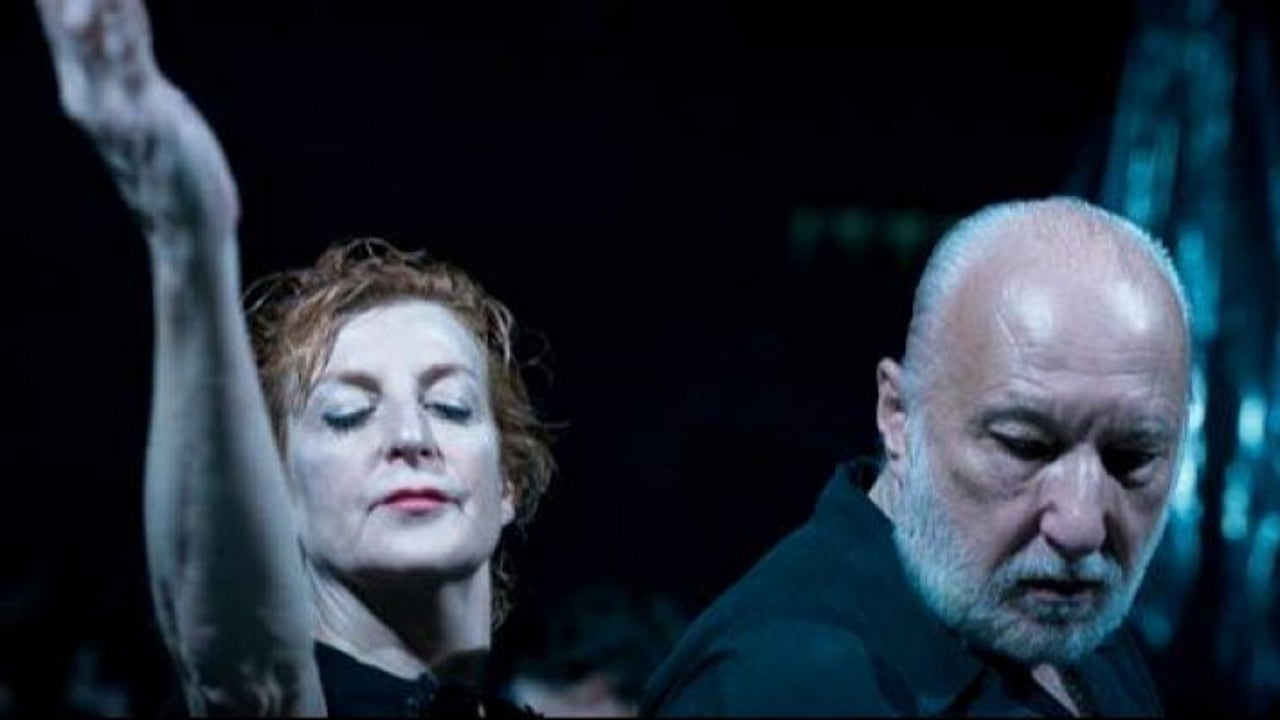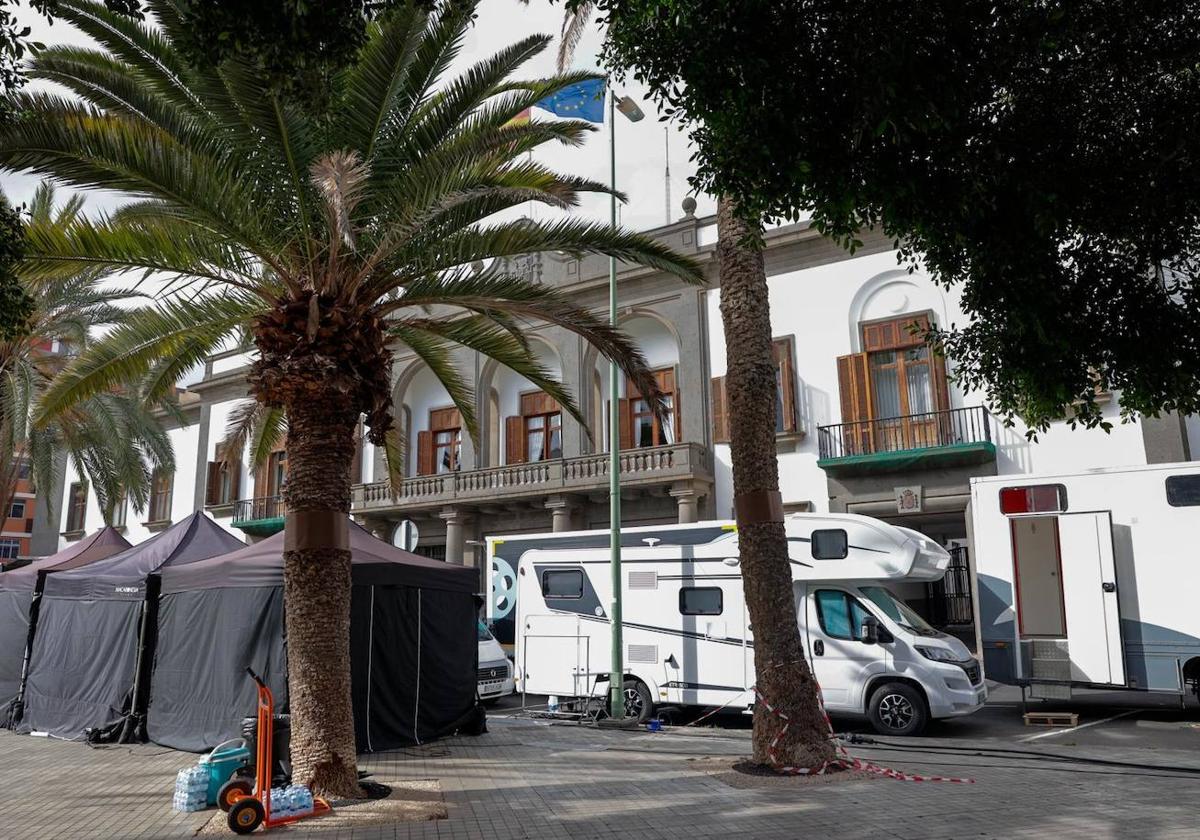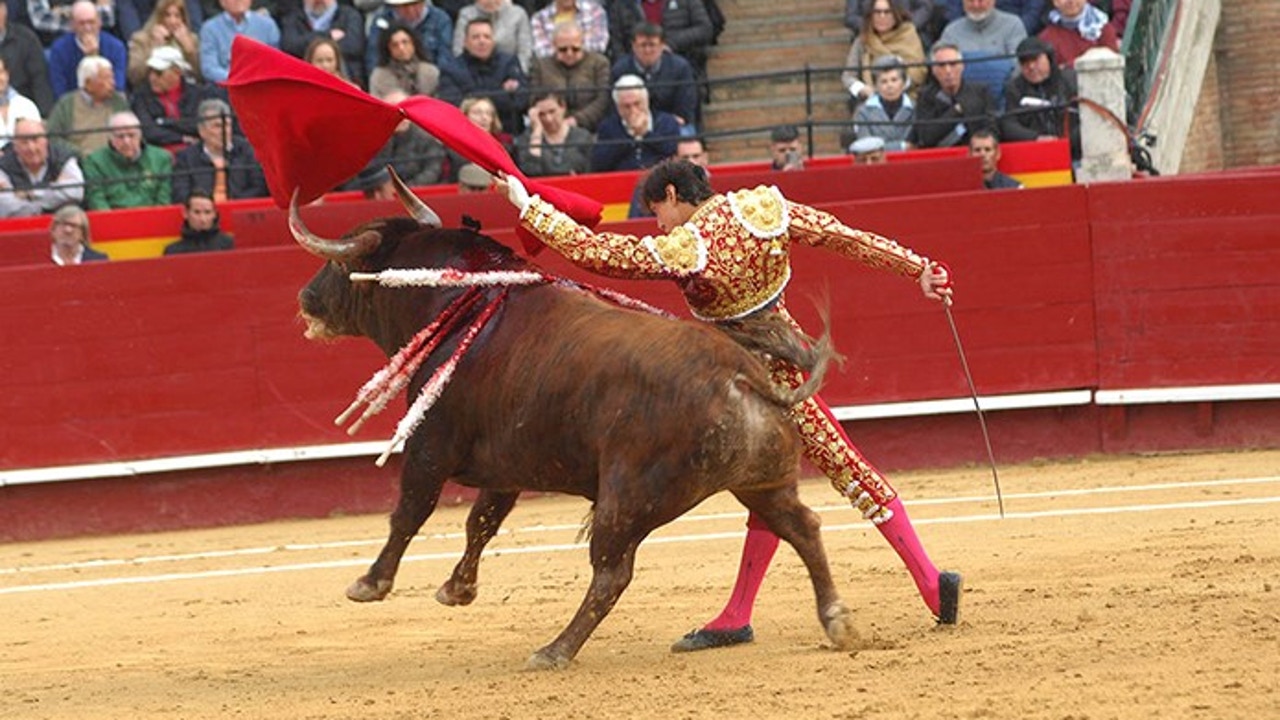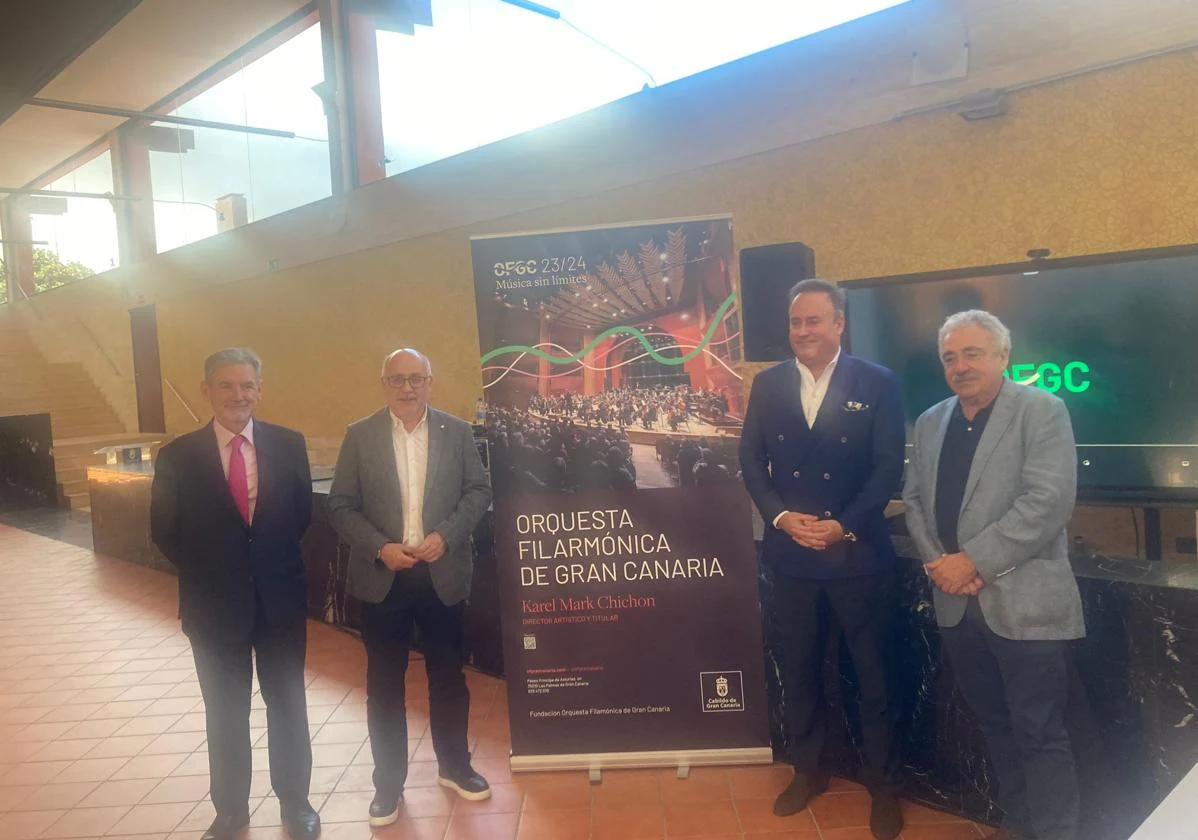Emotional Requiem to Montserrat Caballé in the Cathedral of Barcelona | Catalonia


The Mass of the dead of Verdi, the Requiem, one of the favorite compositions of Montserrat Caballé, the Catalan soprano who passed away on October 6th, has flooded every corner of the Cathedral of Barcelona. An emotional Requiem that interpreted by the orchestra of the Liceo, the chorus of the theater and those of the Polyphonic of Puig-Reig and that has counted on the solo voices of Ainhoa Arteta, Anna Larsson, Nikolai Schukoff and Alexander Vinogradov. An act promoted by the family of the artist, who has had the collaboration of the Liceo, the Archbishopric of Barcelona and TVE, who wanted to pay tribute to the soprano to which the public could access. An answer that has not failed: the Cathedral was full and also good part of the theater of the Lyceum, where it was broadcast on a big screen.
A ceremony that has been officiated by the Cardinal Archbishop of Barcelona, Cardinal Juan José Omella, who defined the soprano as "one of the most important artists of the world opera and ambassador of our land and our country." The orchestra El Liceo, conducted by its owner, Josep Pons, and the choirs occupied practically all the space of the Cathedral's transept, the family - her husband, Bernabé, and their children Montserrat and Bernabé and other relatives - was on one side of the altar and on the opposite the authorities who have attended the ceremony. Among them, the Minister of Culture, José Guirao-emphasized before entering the "pride of having had a person like her and the international projection that it supposed" -; the Minister of Territorial Policy, Meritxell Batet; the Minister of Culture of the Generalitat, Laura Borràs, the Vice President of the Bureau of Parlament, Josep Costa, the spokesperson of the PP and deputy in Congress, Dolors Montserrat and the third deputy mayor Jaume Asens.
Omella has reminded Caballé as a person of humble origin "who was born in a simple family and who arrived with effort and perseverance at the peak of fame with his art". She also referred to the great moments that the soprano made live and she especially cited the artist's performances in the Sagrada Familia or in the basilica of Our Lady of the Sea "and we remember her tears before the flames of the Liceo". Omella wanted to remember one of the qualities of the soprano "with her pianissimi that reached us deep in our spirit. " The Requiem of Verdi - the fragments that were interpreted - was the work chosen by agreement between the Lyceum, which has lent support in the realization of the homage, and the family of the soprano. A work that Caballé interpreted in a masterful way, that was among his favorite works and that had all its meaning between the walls of the Cathedral of Barcelona that remained, to a certain extent, a little small.
The format of the tribute and the artists who intervened in it were agreed between the family and the theater of the Liceo. By express desire of the family, the chosen soprano was Arteta, with whom they have a close friendship relationship. Irene Theorin had shown her predisposition to the Lyceum to be the soloist in the tribute. Also the choice of the family was the voice -overwhelming- of the Russian bass Vinogradov and that of the mezzo-soprano Larsson. The tenor Schukoff, who these days is one of the protagonists of the opera Katia Kabanova at the Lyceum, he expressed his predisposition to participate in the homage to the soprano.
An hour before the ceremony began, a queue had already been organized outside the Cathedral, which was accessed after having reserved the entrance through the Lyceum. Admiredores de la Caballé, personalities who had known the soprano up close, such as Isabel Suqué - at the head of the Castell de Peralada Festival - and music and opera fans filled the approximately 450 seats available to the public. At the same time, in La Rambla, they opened the doors of the Liceo to attend the broadcast of the tribute.
Excitement in the Cathedral in some of the passages of the Requiem between the public and between the relatives of the soprano, especially her son, Bernabé during the ceremony that ended with a rigorous silence after the end of the Requiem - only broken by a timid applause from the audience - and the emotional farewell of the soloists to the soprano's family.











